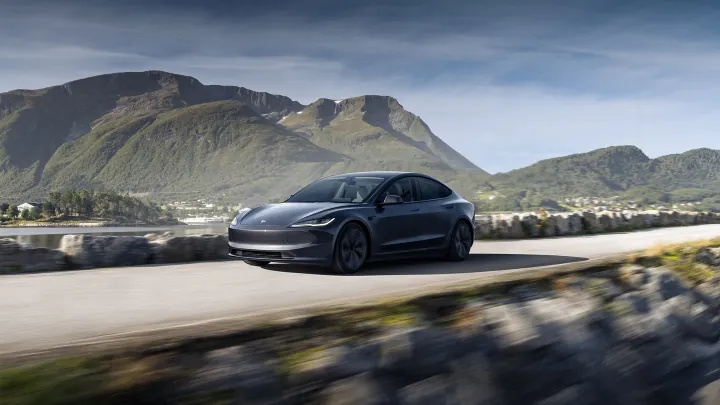Robotaxis: 10 Breakthrough Technologies 2025
WHO Baidu, Pony AI, Waymo, Wayve, Zoox WHEN Now If you live in certain cities in America or China, you’ve probably spotted driverless cars dropping off passengers. Perhaps you’ve even ridden in one yourself. That’s a radical change from even three years ago, when these services were still learning the rules of the road. And…

WHO
Baidu, Pony AI, Waymo, Wayve, Zoox
WHEN
Now
If you live in certain cities in America or China, you’ve probably spotted driverless cars dropping off passengers. Perhaps you’ve even ridden in one yourself. That’s a radical change from even three years ago, when these services were still learning the rules of the road. And robotaxis could soon be operating in many more cities.
In cities across China, passengers now have their pick of robotaxis operated by Baidu, AutoX, and native startups WeRide and Pony AI, among others, which harbor ambitious plans to expand into Singapore, the Middle East, and the US. And although driverless cars have been a common sight on American roads for years as companies logged millions of miles collecting training data, the public has only recently begun to ride in them for real.
Explore the full 2025 list of 10 Breakthrough Technologies.
Waymo, which is owned by Google’s parent company Alphabet, is the US industry’s biggest player. Fresh off of launching its driverless-taxi service in San Francisco, Los Angeles, and Phoenix, the company plans to expand into Austin and Atlanta later this year through its partnership with Uber. Amazon-owned Zoox aims to launch its robotaxi service to the public in Las Vegas in 2025 and is now also running trials in San Francisco, Austin, and Miami. And UK startup Wayve is making the switch to driving on the right as it starts testing its technology in San Francisco.
There are still plenty of potential roadblocks. In China, robotaxi rides are so cheap they’ve sparked a backlash among the country’s 10 million cab drivers. In the US, General Motors’ Cruise halted operations in October 2023 after one of its vehicles struck a pedestrian, and GM announced last month that it would stop funding the robotaxi business. And Tesla must prove its technology and secure necessary permits before it can carry out its stated plan to introduce unsupervised ride-hailing services in California and Texas in 2025.
The industry is pressing forward, though. More people are getting to experience robotaxis for the first time and becoming more comfortable with the technology. Expect to see the biggest players expand their operations to new cities and begin to compete on price.
This story was updated to reflect new developments about GM’s Cruise investments.
What's Your Reaction?








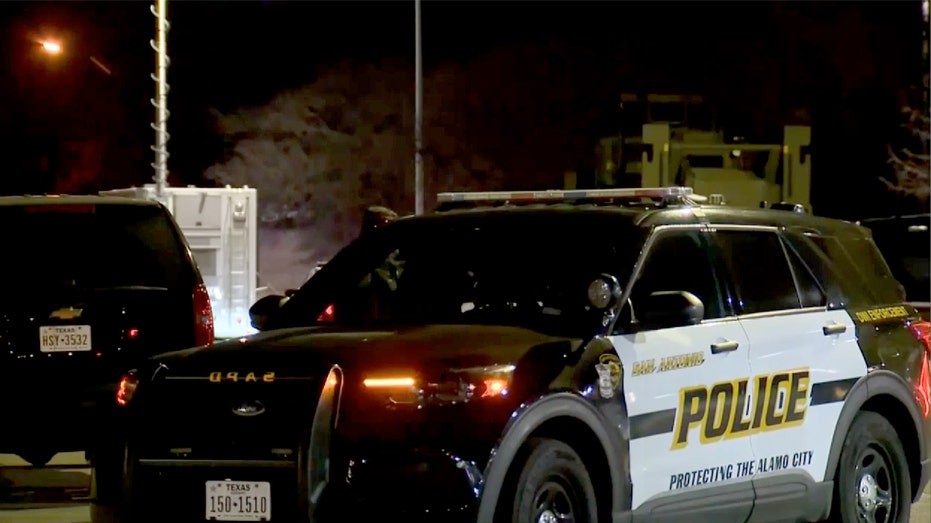
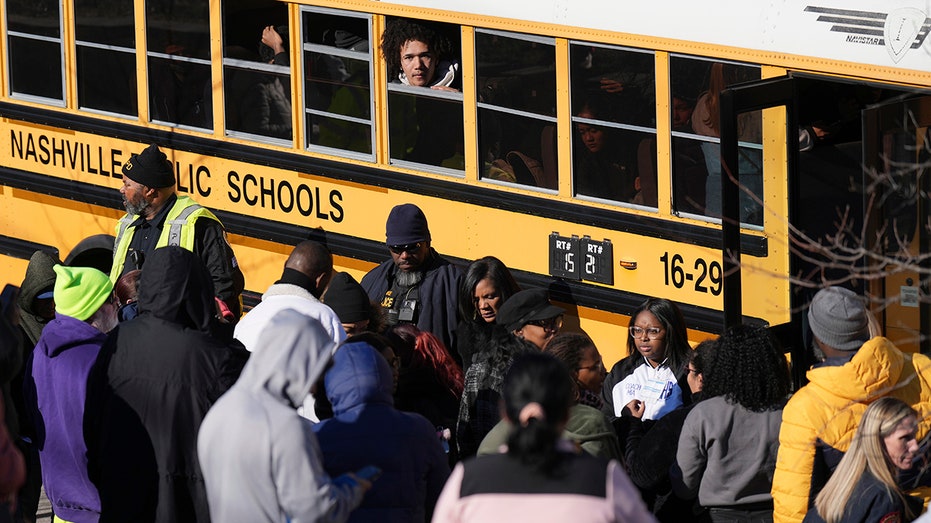












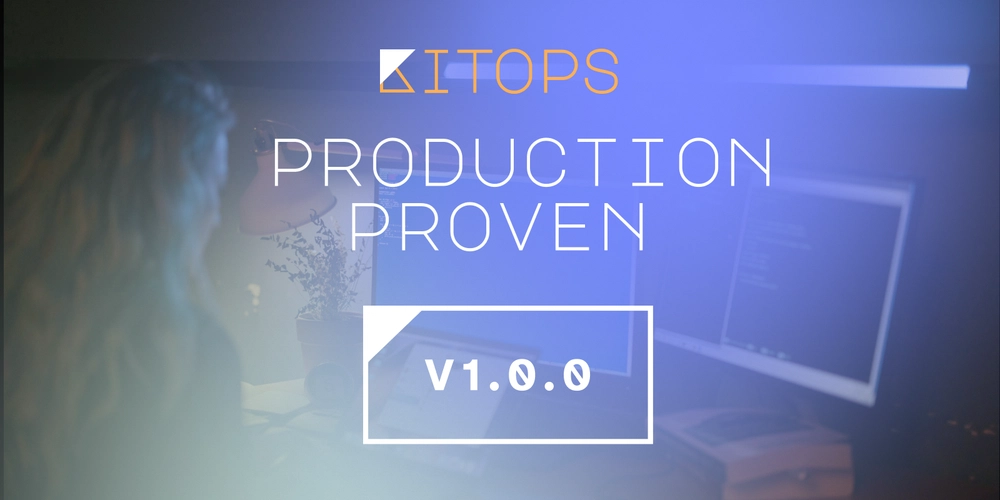
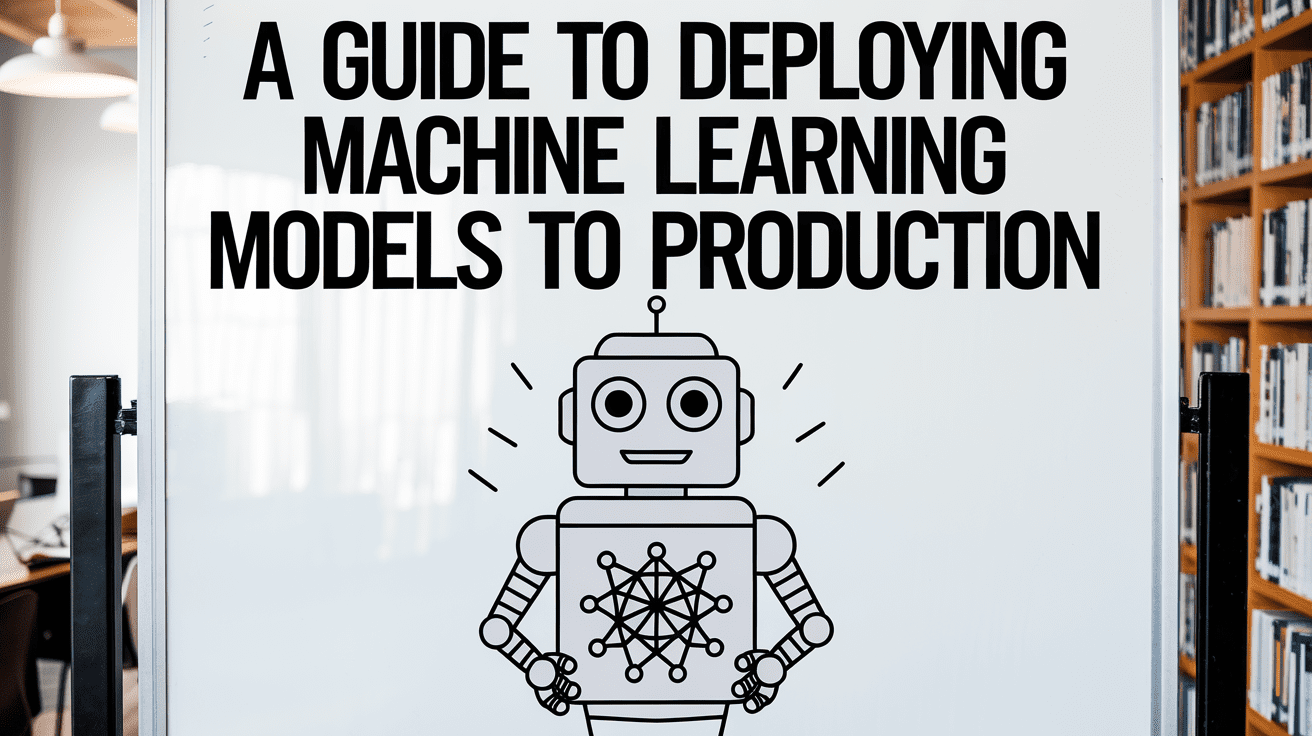





_LuckyStep48_Alamy.jpg?#)











